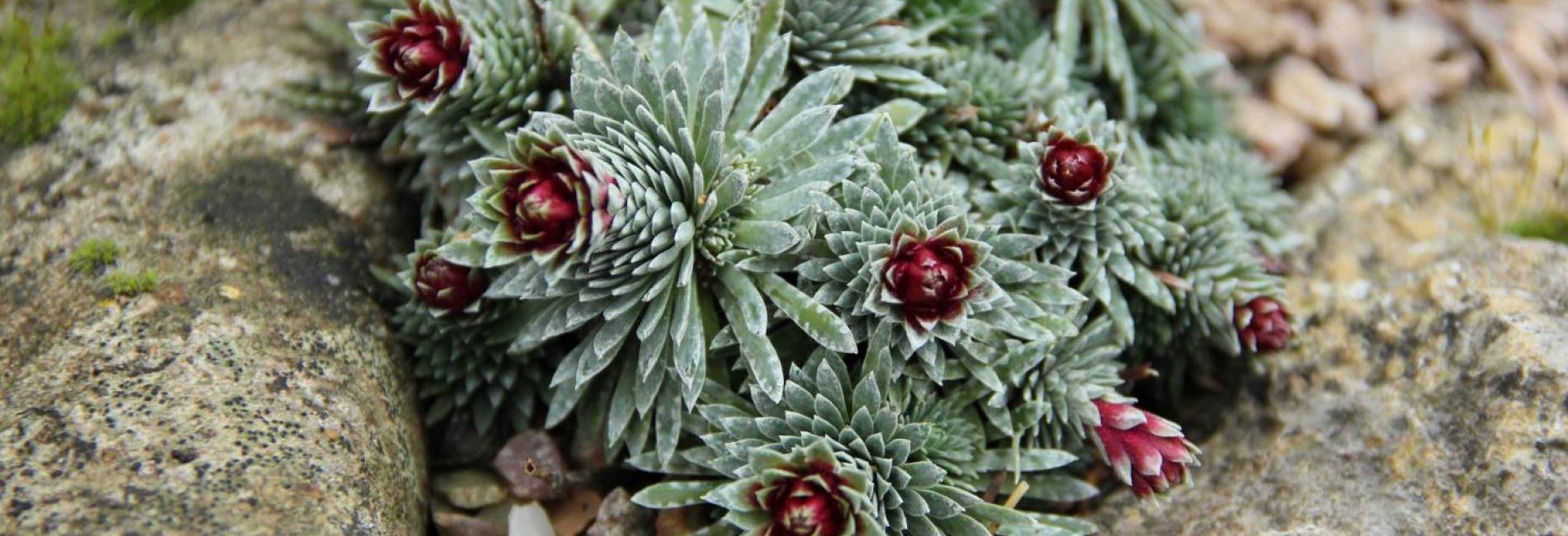Event information
Time
Photograph by Paul Aston, Saxifraga sempervivum -- a species of alpine plant in Cambridge University Botanic Gardens that scientists discovered was 'producing pure vaterite'.
No need to book.
Dr Ray Wightman, Imaging Core Facilities Manager: Sainsbury Laboratory Cambridge University
Alpine plants are designed to cope with the harsh environments that come with living in mountainous regions, resulting in some special features that are not normally seen in other plants. As well as adding beautiful colour to hillsides in the spring, they have some amazing microstructures that scientists are only just beginning to discover. Modern and powerful microscopes, housed in the Sainsbury Laboratory, are now being used to delve in to these structures and the cells that make them.
In this talk, learn how these microscopes are being used to reveal new insights into how plant cells and structures are made – from a rare mineral not normally found on earth to novel mirrors for directing sunlight and a decoration of “sheep’s wool” on Himalayan leaves.
11am & repeated at 2pm in the Classroom at 1 Brookside.
15+



